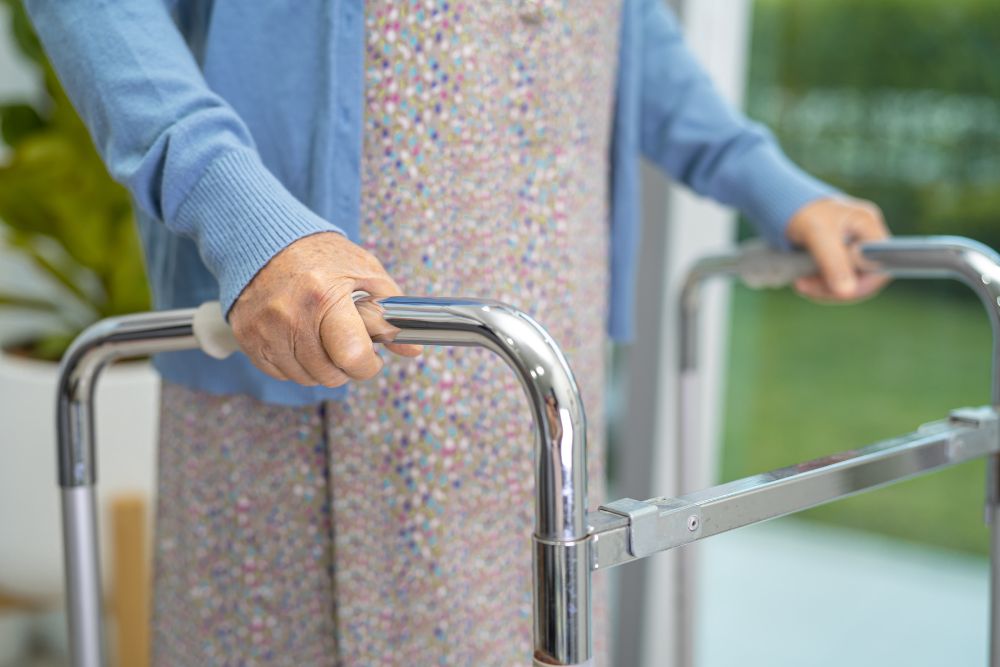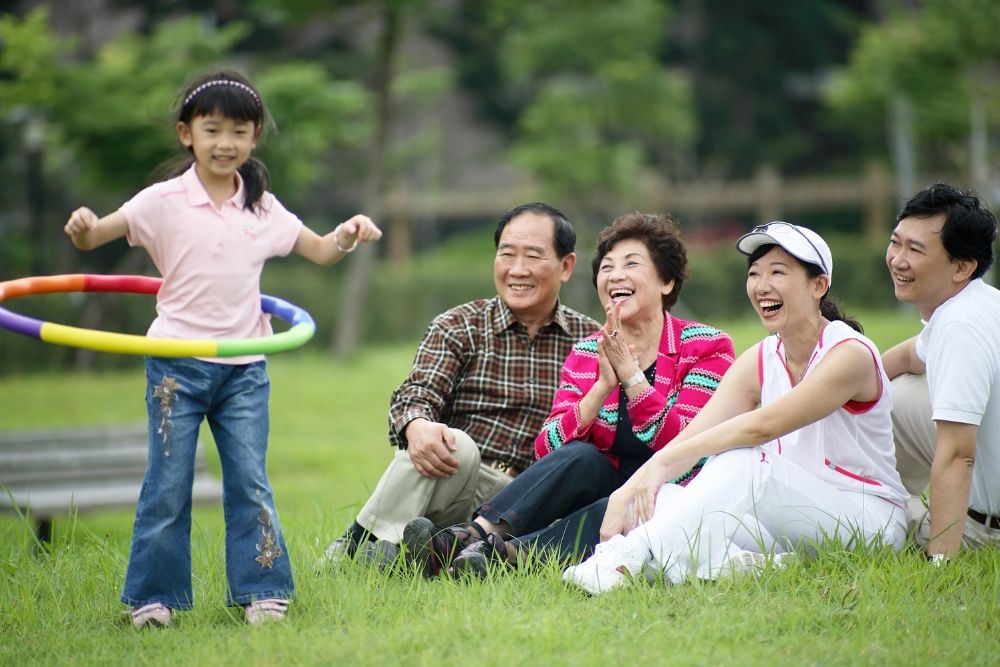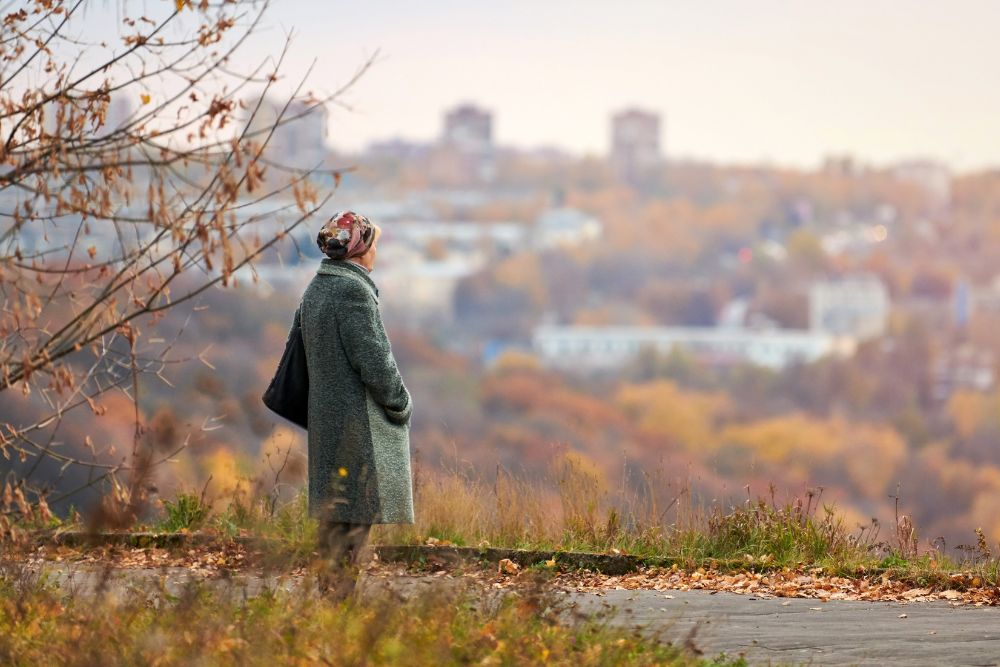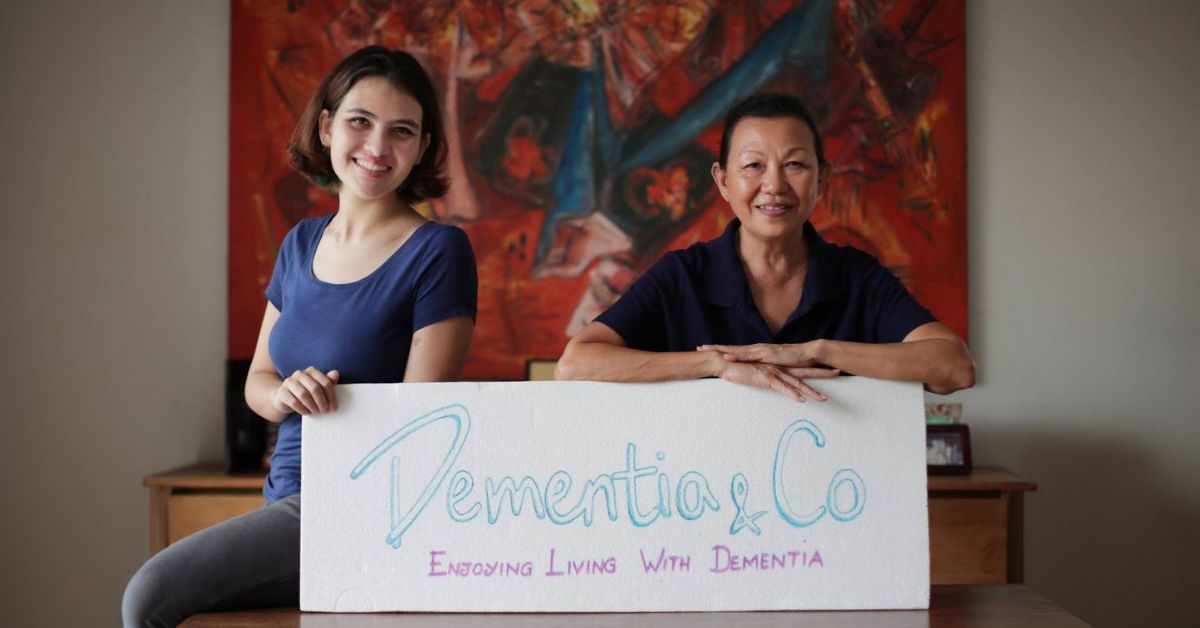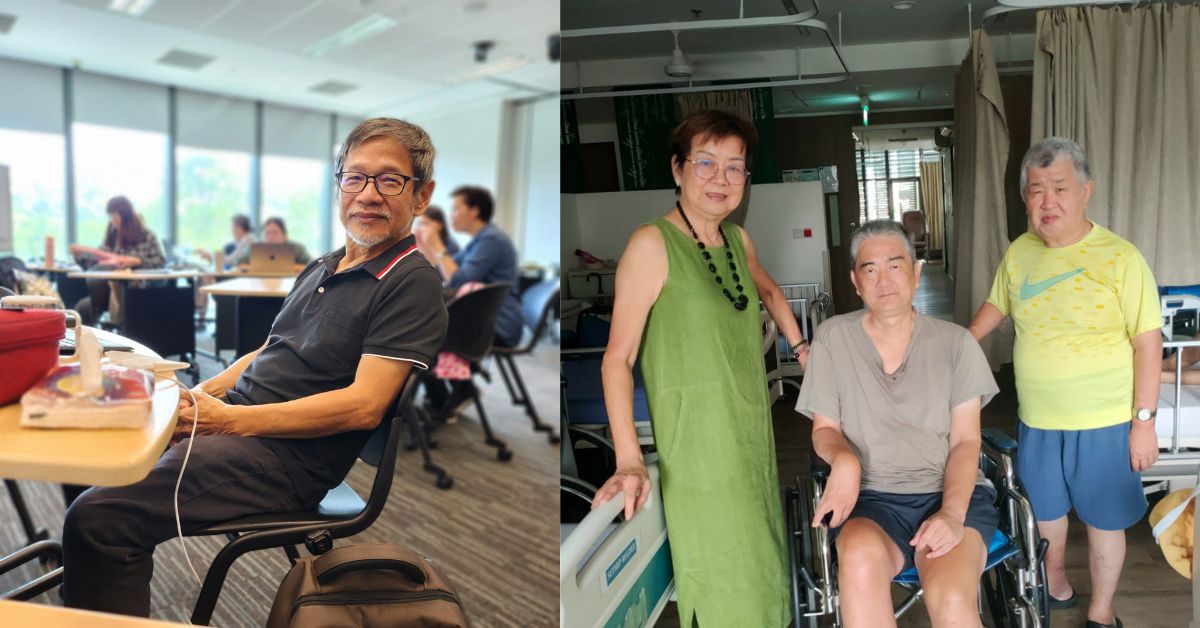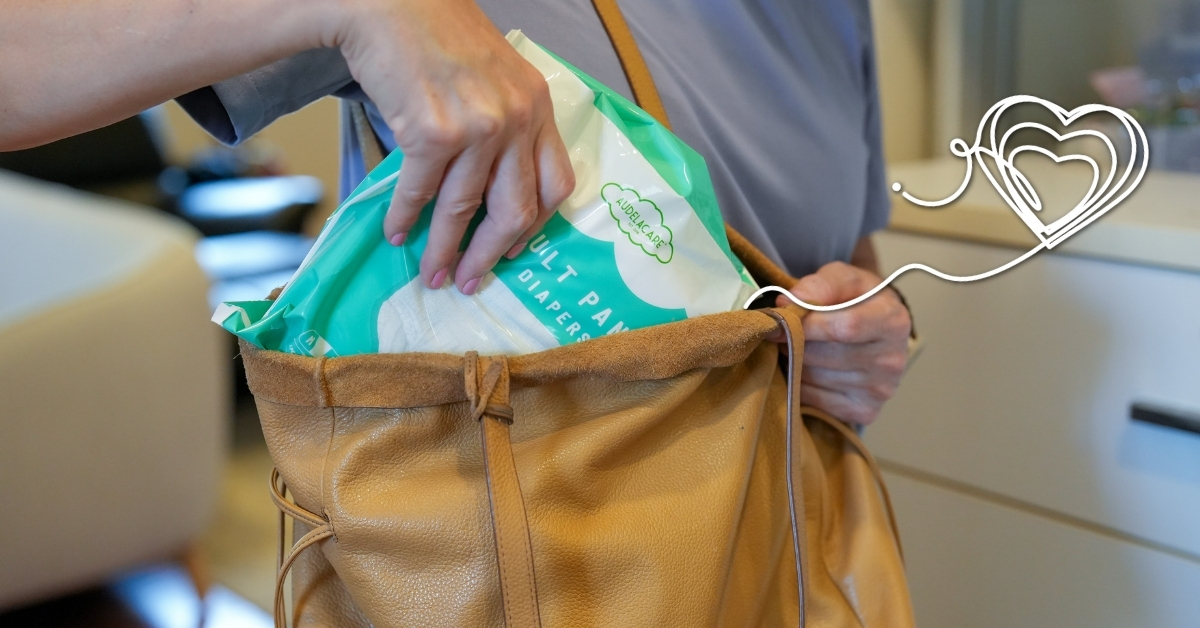Suicides among the elderly are on the rise.
According to Samaritans of Singapore’s records, in 2022, there was a 60% increase in suicides for individuals aged 70 to 79. The non-profit suicide prevention centre observed 48 suicide deaths in that age group, compared to 30 the year before.
This sharp increase was significantly higher than the already concerning 25.9% increase in deaths by suicide across all age groups in Singapore; from 378 in 2021 to 476 last year – the highest recorded suicide deaths since the start of the millennium.
These sobering statistics underline an issue that will only grow as Singapore ages – suicidality in older adults, typically associated with a multitude of factors like the presence of chronic and debilitating diseases, mental disorders like depression, social isolation, painful events (like losing a family member or friend), financial pressure, and a loss of purpose in retirement.
SilverStreak speaks to four experts to better understand the myriad causes that have been associated with elderly suicide, and how society, communities and loved ones can come together to support older adults and prevent suicides.
Some years ago, a friend lost her husband, a retired professional in his 70s with a generally happy disposition, to suicide.
His widow explained that her late husband’s decision was brought about by a medical condition requiring an external urinary catheter, leading to feelings of depression as well as a loss of self-sufficiency and dignity.
Though the details may differ, the situation of physical ailments leading to a loss of mental and emotional well-being in older adults is not uncommon.
Senior counsellor and manager at SOS Chan May Peng says that mental health issues due to a sense of “burdening their loved ones or family, especially when their medical conditions are deteriorating or not recovering as what they have expected” are the second-most common cause of suicide (aside from “unknown”) observed in her counselling experience and contact with loss survivors.
Yet, physical illnesses leading to lack of mental wellness is just one part of the equation.
Experts interviewed by SilverStreak agree that retirement can be highly distressing, especially when it comes suddenly or by force, like in the case of retrenchment.
And then there’s the sandwiched generation – a group of people, typically around their 50s, says May Peng, who are juggling retirement planning with caring for aged parents and raising children that have yet to become fully independent.
They might even be sandwiched between “managing their own physical health or ageing process and caring for their elderly parents” or “between expectations from the family, society and themselves”.
Sometimes, they would even get “so used to taking care of others” that they neglect their own self-care, Dr Ko adds.
But what of others taking care of them? This isn’t always available for seniors, says counsellors Sam and Dr Amir Singh, a certified family life educator with a doctorate in psychology.
Sam avers that social isolation – especially in men, who are traditionally seen as breadwinners – often comes as a result of sacrificing one’s family life for their career.
Dr Amir adds that a poor relationship with one’s children can often lead to worse emotional outcomes.
Negativity, lethargy and planning are the three key warning signs highlighted by the counsellors SilverStreak interviewed.
But these statements aren’t always easy to distinguish from complaints made by a cynical parent, says Sam. In some cases, their actions can be an indicator.
Preparing for their death by settling their will and giving away items, for example, can point to suicidal thoughts.
Even then, prevention is better than cure.
Dr Ko believes that employment works as a “protective circle” for seniors, spurring cognitive and social engagement while maintaining “a strong sense of usefulness”.
By remaining financially independent, these seniors can also alleviate some pressure from the sandwiched generation, she adds.
Meanwhile, Sam of Olive Branch believes that rediscovering one’s life purpose outside of work might be a better alternative, as finding new meaning in volunteerism or family would better allow them to enjoy their golden years with their loved ones.
To that point, Dr Ko also agrees that “social relationships are absolutely crucial” in elderly suicide prevention.
In that vein, Dr Amir wishes for retirement villages, where the elderly can be “put together to enjoy their golden years together with their peers”.
This is akin to Singapore’s growing network of active ageing centres (now 154-strong, slated to grow to 220 islandwide by 2025), senior befrienders network, and other silver-friendly social initiatives.
But whether Singapore is ready for that discussion is another matter. For now, extending a helping hand to others in the community is one way we can help prevent suicide on a personal level.
This could be as simple as picking up the phone and reconnecting with a friend from the past, or chatting with a lonely next-door neighbour.
You might think you’re bugging them – and they might even say that – but there’s never any harm that comes from meeting up with an old friend.

